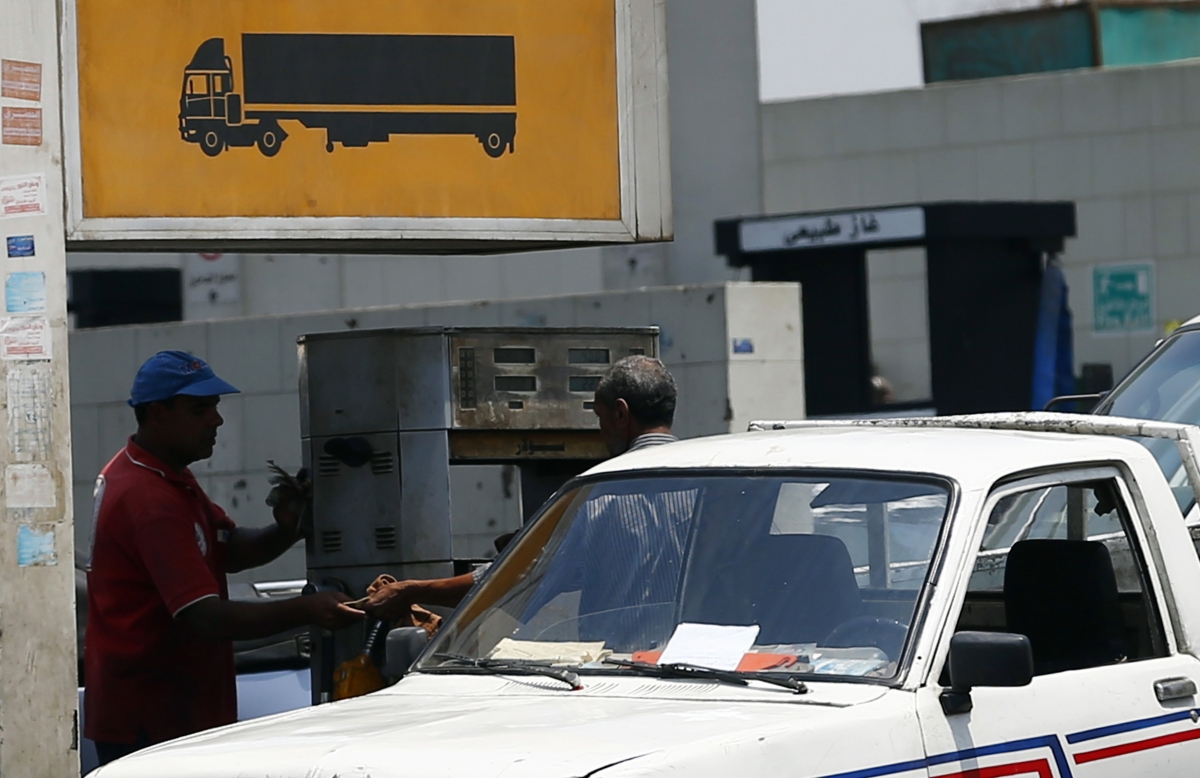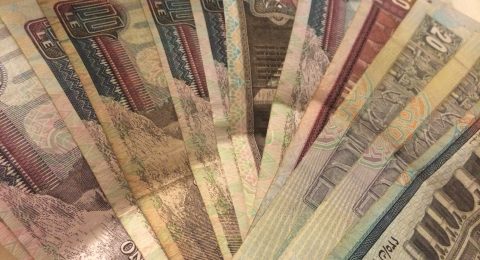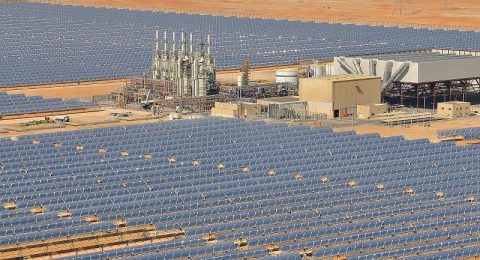Egypt has allocated 61 billion EGP ($8 billion) for fuel subsidies in the draft of 2015/2016 fiscal year budget, EGPC Chairman Tarek el-Molla said in a Saturday statement.
On Thursday, Egypt’s cabinet approved an initial draft of the state budget for FY 2015/2016 (to start July 1) with a deficit projected to reach 9.9% of GDP, compared to 10.8% of GDP forecasted in the current FY.
The draft has yet to be submitted to President Abdel Fattah al-Sisi for ratification.
“Oil subsidies during the current FY (to end June 30) amounted to 70 billion EGP, down from an estimated 100 billion EGP in the state budget,” Molla said.
The government had earlier attributed the decline estimated at 30 billion EGP to a sharp slip in global oil prices in the second half of the current fiscal year.
Molla explained that the fuel allocations in the new budget were mainly driven by a projected average price of $70 per barrel for Brent crude.
A shift from natural gas and diesel to coal in the heavy industry of cement also contributed to the cut the oil subsidy bill, he added. The government had a plan to rationalize domestic fuel consumption by 3-5% which would save around 3 to 4 billion EGP, Molla detailed
In July, President Abdel Fatah al-Sisi raised fuel prices as energy subsidies were slashed in a revised and tightened budget to 100.3 billion EGP, compared to 144 billion EGP in the previous year, saving around 44 billion EGP.
The subsidy cut was mainly aimed to reduce a soaring budget deficit which amounted to an estimated 14% of GDP for FY 2014-2015, before Sisi ratified a revised budget with an estimated 10% shortfall.
Molla urged the citizen not to rush behind rumors about fuel shortages, affirming that both imported and local supplies are available and regular.
Introducing the subsidy reforms was a key reason behind Egypt’s credit rating upgrade. On Saturday, Fitch Ratings announced that it affirmed Egypt’s Long-term foreign and local currency Issuer Default Ratings (IDR) at ‘B’ with a Stable Outlook.
“Fiscal consolidation, stronger growth and lower commodity prices will reduce the budget deficit,” Fitch said.
Source: Cairo Post












